Early Access: A provision in a lease allowing the tenant access to the space prior to receiving possession, without the payment of rent, during the latter part of landlord’s construction in order to install its wiring and cabling, take measurements, install and/or store its work stations or furniture and to possibly begin a tenant’s alterations.
Easement: A non-possessory right to use and/or enter onto the real property of another. This may include the right to cross over to access another property or use the property for a particular purpose.
Effective Rent: The cash remaining after the landlord pays all expenses for operating a particular property as well as costs for tenant work in order to prepare the property for occupancy. Stated differently, it can be considered the fixed rent stated in a lease less concessions granted by a landlord (e.g., free rent and certain cash allowances) plus escalations such as those for operating expenses and real estate taxes.
Electrical Capacity: A representation by a landlord that the premises contain a specified electrical capacity per square foot (i.e. the number of watts per square foot amperage, exclusive of HVAC).
Eminent Domain: The power of the federal, state, or local government or its agent to take private property for public use granted there is payment of just compensation to the owner of the taken private property.
Escalation Clause: A lease provision, generally considered to be payable as “additional rent.” Examples include (1) an operating expense, real estate tax or utility cost escalation, (2) an annual percentage increase in the base rent in lieu of an operating cost escalation, (3) a percentage increase in the consumer price index (CPI), and/or (4) a porters wage escalation. Typically, escalation clauses will take effect on the occurrence of a particular event (such as the annual anniversary of the base tax year established within a lease). That all said, escalation clauses can be structured in many different ways based on the different factors at play in each lease.
Escrow | Escrow Agreement: An agreement in which one party to a transaction will place an asset in the care of a third party, often an attorney or banking institution, unless and until a particular event occurs or a condition is satisfied. Once this happens (or does not happen), the agreement will specify exactly what the party in possession of the asset is to do with the “escrowed asset.” This may include returning the asset to the party who placed it in escrow or transferring the asset to a third-party.
Escrow Disbursements: In the context of a real estate transaction, escrowed funds may be released (subject to the terms and conditions of the escrow agreement) for the payment of expenses relating to a real estate transaction. These expenses can include real estate taxes, insurance and other property expenses becoming due under a lease.
Estoppel Certificate: Generally stated, a document utilized by a landlord at such time as the landlord is attempting to enter into another agreement with a third party, such as a mortgage on or a sale of the landlord’s commercial, industrial or multi-family property. Language should be contained in a lease requiring tenants to execute and return from time to time when requested by landlord, a prospective purchaser or mortgagee, or the holder of any deed to secure debt or mortgage covering the building, the premises, or any interest of landlord therein, a certificate signed by the tenant confirming and containing such certifications and representations within no more ten (10) days following receipt of said certificate from landlord. The certificate is a method for the landlord and third-party to ensure that all tenants in the subject premises confirm the details of their current lease with the landlord, that the lease is in full force and effect, that the landlord is not in default under the lease, and has no claim against the landlord for any security deposit or prepaid rent.
Exclusive Agency Listing: Generally stated, an exclusive agency agreement is a contractual arrangement wherein a real estate brokerage firm is hired as the exclusive agent for a specified period of time to listing (or find) a specific space or piece of real property for a landlord or tenant, as the case may be.
Exclusive Right to Purchase Agreement: An agreement granting a party the exclusive right to purchase a particular property from the other party to the agreement.
Exclusive Right to Sell Agreement: An agreement granting a party the exclusive right to sell a particular property.
Exclusive Tenant Representation Agreement: An agreement between a broker and a tenant whereby the broker has the exclusive right to find a space and thereafter negotiate the financial and other pertinent terms to be contained in a lease on behalf of a tenant.
Exclusive Use Clause: A clause typically found in a retail lease wherein a landlord grants an exclusive use to a tenant in a building or shopping center or mall. Essentially, by granting the tenant the right to an exclusive use, the landlord is prohibited from leasing space to a prospective tenant who would engage in the same or similar use. Such clauses are more prominent when leasing in a shopping center or mall. For example, if the tenant is a sporting goods store, no other stores with a similar use are allowed in that particular complex, mall or center.
Exculpation Clause: A provision in a lease where the tenant acknowledges and agrees, for itself and its successors and assigns, that no trustee, director, officer, employee or agent of landlord shall be personally liable for any of the terms, covenants or obligations of landlord under the lease, and that tenant shall look solely to landlord’s interest in the building for the collection of any judgement requiring the payment of money by the landlord. Tenants should attempt to see similar applicable language from their landlord.
Exit Strategy: Strategies negotiated during the letter of intent and/or the lease negotiation stage whereby the tenant negotiates language within a lease regarding the tenant’s ability to “exit” from the lease for a specific reason or myriad of reasons in the future. For example, subject to conditions contained in the lease, the release of a guarantor from a guaranty upon assignment of the lease which has been guaranteed, provided that a replacement guaranty is executed by a principal of the assignee.

